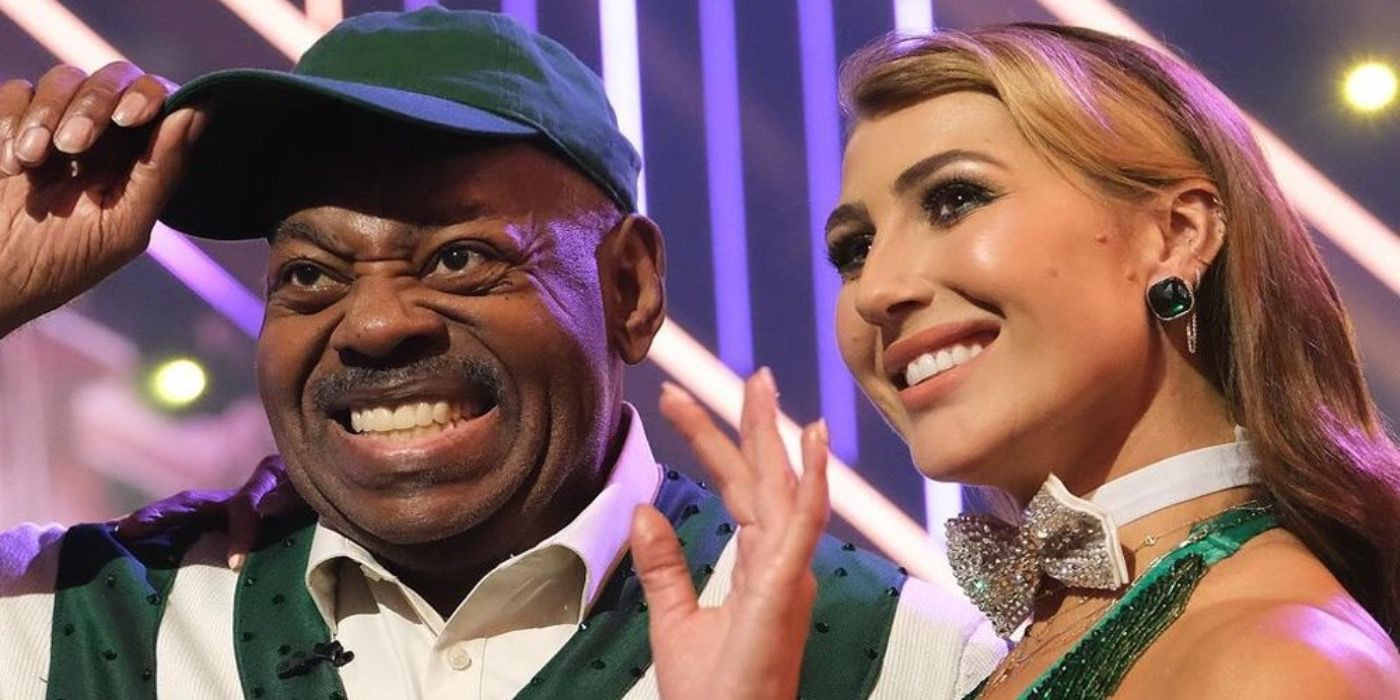Dancing With The Stars has captivated audiences for years, renowned for its blend of celebrity vulnerability, passionate performances, and, of course, the insightful critiques from the judging panel. Historically, the judges, particularly the iconic Len Goodman, were known for their no-nonsense approach. Their scores were a reflection of genuine technical skill and performance quality, especially crucial in the early weeks when celebrities were still finding their footing in the dance world. Scores in the initial weeks typically ranged from 3 to 5, setting a clear benchmark for improvement.
However, recent seasons have seen a noticeable shift. Sevens and eights are becoming commonplace even in the early stages of the competition, leading to a sense of score inflation. This trend raises the question: are the judges plateauing with their scoring? Are high scores being handed out too liberally, diminishing the impact and excitement of true progress later in the season? In a competition built on growth and achievement, should celebrities have to truly earn those top marks, or are they being given away too easily?
The Case of Joey Graziadei: Underscored Potential?
 Joey Graziadei and Jenna Johnson discuss Dancing With The Stars in a Collider interview, highlighting contestant progress and judge scoring debates.
Joey Graziadei and Jenna Johnson discuss Dancing With The Stars in a Collider interview, highlighting contestant progress and judge scoring debates.
The journey of Joey Graziadei with partner Jenna Johnson perfectly exemplifies this scoring dilemma. Joey, known from The Bachelor, entered the competition with limited dance background. Yet, his progress has been undeniable, showcasing remarkable improvement week after week. Many viewers and commentators believe he possesses the potential to win the entire competition. Despite consistently delivering impressive performances, Joey often finds himself receiving scores in the 8 or 9 range. Particularly on Disney Night, a performance widely lauded by fans, many felt a score of 10 was warranted.
Judge Carrie Ann Inaba herself has frequently praised certain dances as the “best of the season,” yet these accolades are often not reflected in the numerical scores. When routines deemed the season’s best are scored similarly to week one performances, it creates a perception of stagnant evaluation. If judges are hesitant to award a perfect 10, especially after proclaiming a dance as exceptional, it begs the question of why such high scores were distributed so early in the season. This scoring pattern can leave viewers feeling that genuine improvement is not being adequately recognized or rewarded.
Dwight Howard’s High Marks: Technicality vs. Personality?
 Reginald and Emma wave and smile, representing past Dancing With The Stars contestants and the show's history.
Reginald and Emma wave and smile, representing past Dancing With The Stars contestants and the show's history.
On the other end of the spectrum is Dwight Howard. Dwight undeniably brings a vibrant energy to Dancing With The Stars. His infectious personality and constant smile are a highlight of the season. However, objectively assessing his dance technique reveals that he is not as technically proficient as some of his competitors. Despite visible mistakes and technical shortcomings, Dwight has consistently received scores of 7 and 8. While his entertainment value is undeniable, this raises concerns about equitable scoring.
The question arises: should Dwight, with his technical limitations, be receiving comparable scores to demonstrably stronger dancers like Chandler Kinney or Stephen Nedoroscik? When contestants with varying levels of technical skill receive similar scores, it suggests a potential disconnect in the judging criteria. Many long-time viewers believe that judging should prioritize technical execution and dance proficiency.
For many fans, the allure of Dancing With The Stars has always been rooted in the dramatic scoring and the exciting trajectory of improvement throughout the season. However, if scores are not consistently aligned with performance quality and judges’ verbal feedback, it undermines the show’s integrity. Witnessing what are proclaimed as “greatest dances of the season” receive scores comparable to early-week routines diminishes the sense of progression and achievement. Delaying the distribution of higher scores until later stages of the competition could restore the excitement, suspense, and perceived fairness that have long been hallmarks of Dancing With The Stars.

